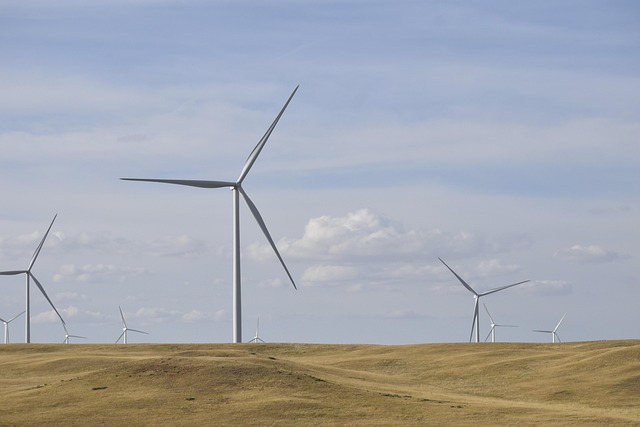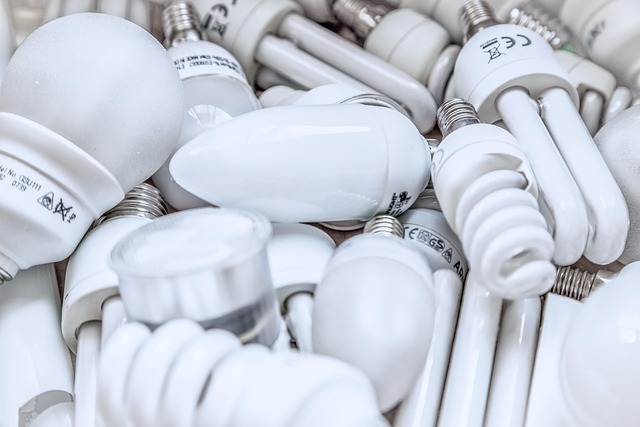In an age where climate change looms large over our future, the need for sustainable solutions in energy production has never been more urgent. The environmental impact of traditional energy sources is profound, and the alarming signs of a warming planet resonate deeply with individuals and communities alike. As we come to realize that our actions today will define the world for generations to come, it’s essential to explore innovative solutions that promise not just energy efficiency, but also harmony with the environment.
Energy production has typically relied heavily on fossil fuels, a practice that emits substantial greenhouse gases, contributing significantly to climate change. The consequences of this reliance—rising sea levels, unpredictable weather patterns, and extreme temperatures—serve as a wake-up call. With every forest fire and flood, the narrative becomes clearer; we must pivot towards methods that respect and replenish our planet rather than deplete it.
Renewable energy sources like solar, wind, and hydroelectric power are shining beacons of hope. Solar panels harness the sun’s abundant rays and convert them into clean, renewable energy, while wind turbines capture the kinetic energy of the wind, translating it into electricity. These technologies not only reduce dependency on fossil fuels but also provide a sustainable energy production pathway that minimizes harmful emissions. Communities across the globe are increasingly investing in these solutions, transforming rooftops and landscapes into clean energy hubs.
In addition, the discussion surrounding energy production must also include energy storage innovations. As renewable sources often fluctuate based on weather and time of day, efficient storage systems like advanced batteries are essential in ensuring consistent energy supply. This is where technology plays a pivotal role, allowing us to harness and store energy when it’s abundant and deploy it when demand peaks. By staving off the inefficiencies of outdated systems, we can collectively make strides towards a sustainable energy future.
The importance of policy advocacy cannot be overlooked in this transition. Governments worldwide have started recognizing the need for urgent action against climate change by pushing for green energy incentives and stricter emissions regulations. Supporting initiatives that drive innovative energy production methods can accelerate our progress and enhance public awareness—the more our communities engage with these changes, the stronger our collective voice will be in advocating for a healthier planet.
However, the shift towards sustainable energy production isn’t just a matter of technology and policy; it’s about fostering a cultural change within society. Education plays a crucial role in this transformation. When individuals understand their impact on the environment and are equipped with knowledge about how energy production works, they are more likely to make informed choices that contribute to sustainability. Through community programs and workshops, people can learn how to reduce their carbon footprints, promote energy conservation, and support local renewable energy initiatives.
As we navigate through these climate change challenges, it is essential to remain hopeful and proactive. Embracing sustainable energy production is a collective journey that requires effort from every individual, organization, and government globally. It is not merely a transition of energy sources; it is about revitalizing our commitment to safeguarding the environment. By prioritizing sustainable solutions, we pave the way for a future where both the planet and its inhabitants can thrive in harmony.



